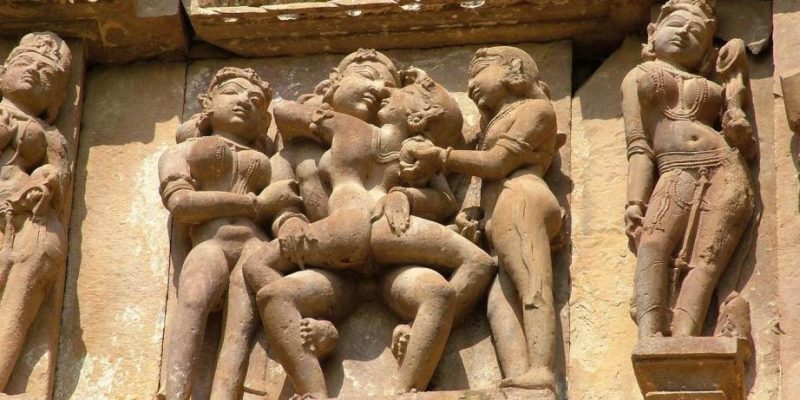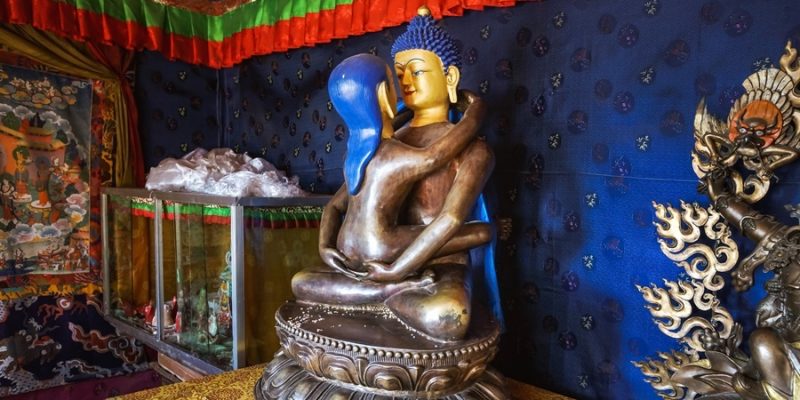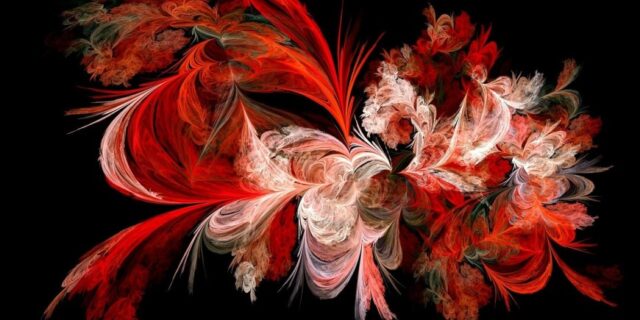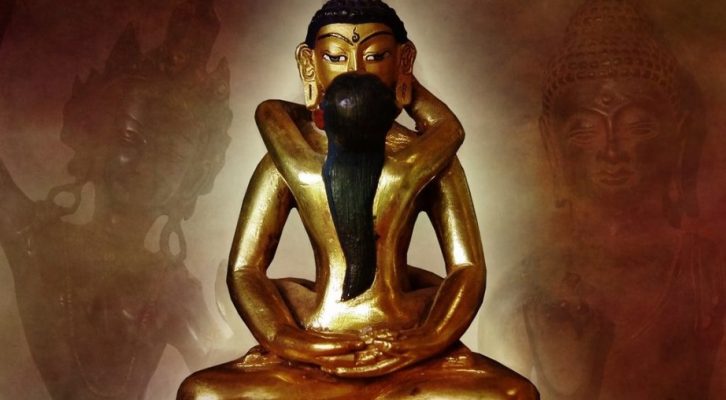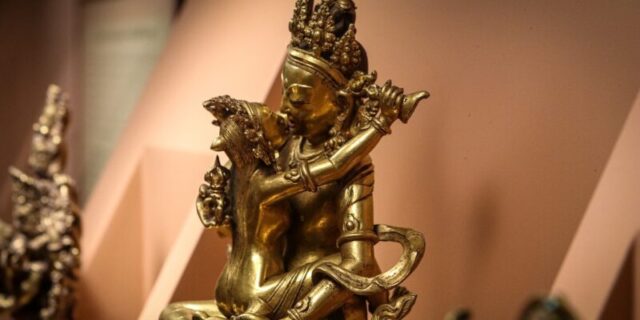
Tantric philosophy and practices have captivated a Western audience for already several decades, and for the moment interest in Tantra seems not in decline. By contrast, it rather appears that there’s a continued deepening into the details of its philosophy, and a further appropriation of various Tantric elements and practices.

The West has increasingly become a highly rational and pragmatic society, one that generally aims at firmly eradicating all irrational, intuitive, mystical, and spiritual elements from life and living. Moreover, the Western perspective tends to place mankind opposite to life and nature, opposite to man’s inner life, isolating man not only from the world around him but also from himself.
For many people, the Western way of living our lives has become a source of emptiness, an antiseptic approach to the mystery of life. In such a world, one that is increasingly devoid of a deeper meaning, people seek magic, ecstasy, wonder and awe, a connection with the source of life, with the world and with themselves.
Philosophy, religion, and spirituality give us pointers and means to go beyond the materialized and objectified outlook of the West, reconnecting us with a subjective experience, one that places us in a more intimate connection with ourselves and our universe.
What makes Tantra such an attractive outlet is its rebellious approach and practice against conservative establishment, against mainstream morality and law, and the accepted way of life in society. This has been the case when Tantra arose in India about 1,500 years ago, and it’s again the case now.
One of the things that characterize Tantra practices is its use of elements that are “forbidden” in society in order to come to a new, fuller inner experience. Think, for instance, of the use and practice of sexual rituals, the use of intoxicants, and the use of human remains and ashes in rituals. For Western people, Tantra may bring about an inner emotional and mental liberation of all that was forcefully repressed by society and education.

But Tantra goes far beyond its anti-establishment approach; it offers a vast set of tools and techniques to come to a fuller spiritual experience, one that aims at transcending the classic boundaries of a subject-object relationship with the world, and focuses on non-duality, and a conscious, sacred reunion of our inner and outer life.
Unfortunately, the West’s appropriation of Tantric practices is largely focused on its sensual, physical, and sexual aspects, which are only part of Tantra and not its main focus. As so often the case, the West tends to highlight those aspects that are “sensational” thereby often corrupting the original goals and meaning of traditional practices.
In the end, Tantra’s attraction in the West seems to be its built-in magic, mystery, and ecstasy, its out-of-the-ordinary character and practices, and in a lesser degree its focal point on achieving peace of mind and happiness, the latter being exactly those elements that have vanished — and at the same time are so craved for — in Western society.







